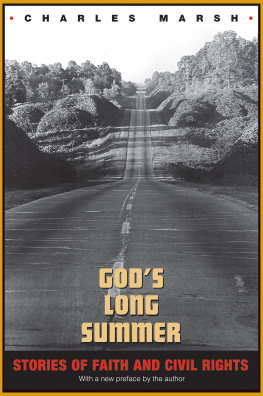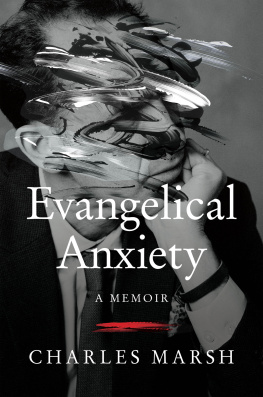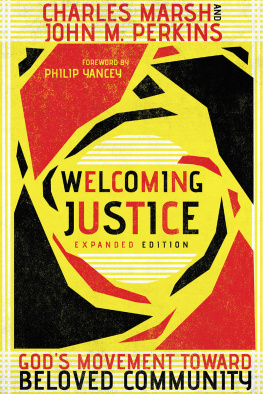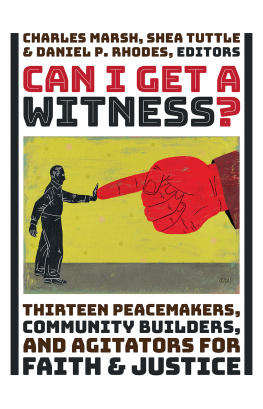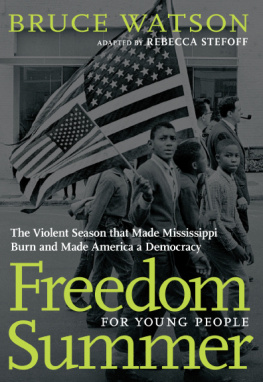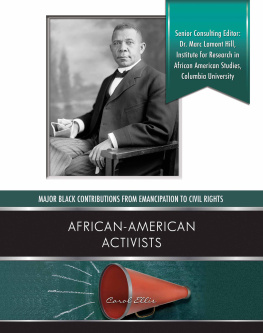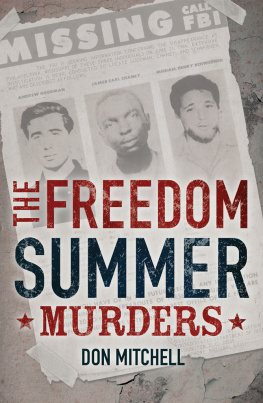Charles Marsh - Gods Long Summer: Stories of Faith and Civil Rights
Here you can read online Charles Marsh - Gods Long Summer: Stories of Faith and Civil Rights full text of the book (entire story) in english for free. Download pdf and epub, get meaning, cover and reviews about this ebook. year: 2019, publisher: Princeton University Press, genre: Art. Description of the work, (preface) as well as reviews are available. Best literature library LitArk.com created for fans of good reading and offers a wide selection of genres:
Romance novel
Science fiction
Adventure
Detective
Science
History
Home and family
Prose
Art
Politics
Computer
Non-fiction
Religion
Business
Children
Humor
Choose a favorite category and find really read worthwhile books. Enjoy immersion in the world of imagination, feel the emotions of the characters or learn something new for yourself, make an fascinating discovery.
- Book:Gods Long Summer: Stories of Faith and Civil Rights
- Author:
- Publisher:Princeton University Press
- Genre:
- Year:2019
- Rating:3 / 5
- Favourites:Add to favourites
- Your mark:
Gods Long Summer: Stories of Faith and Civil Rights: summary, description and annotation
We offer to read an annotation, description, summary or preface (depends on what the author of the book "Gods Long Summer: Stories of Faith and Civil Rights" wrote himself). If you haven't found the necessary information about the book — write in the comments, we will try to find it.
In the summer of 1964, the turmoil of the civil rights movement reached its peak in Mississippi, with activists across the political spectrum claiming that God was on their side in the struggle over racial justice. This was the summer when violence against blacks increased at an alarming rate and when the murder of three civil rights workers in Mississippi resulted in national media attention. Charles Marsh takes us back to this place and time, when the lives of activists on all sides of the civil rights issue converged and their images of God clashed. He weaves their voices into a gripping narrative: a Ku Klux Klansman, for example, borrows fiery language from the Bible to link attacks on blacks to his priestly calling; a middle-aged woman describes how the Gospel inspired her to rally other African Americans to fight peacefully for their dignity; a SNCC worker tells of harrowing encounters with angry white mobs and his pilgrimage toward a new racial spirituality called Black Power. Through these emotionally charged stories, Marsh invites us to consider the civil rights movement anew, in terms of religion as a powerful yet protean force driving social action.
The books central figures are Fannie Lou Hamer, who worked for Jesus in civil rights activism; Sam Bowers, the Imperial Wizard of the White Knights of the Ku Klux Klan of Mississippi; William Douglas Hudgins, an influential white Baptist pastor and unofficial theologian of the closed society; Ed King, a white Methodist minister and Mississippi native who campaigned to integrate Protestant congregations; and Cleveland Sellers, a SNCC staff member turned black militant.
Marsh focuses on the events and religious convictions that led each person into the political upheaval of 1964. He presents an unforgettable American social landscape, one that is by turns shameful and inspiring. In conclusion, Marsh suggests that it may be possible to sift among these narratives and lay the groundwork for a new thinking about racial reconciliation and the beloved community. He maintains that the person who embraces faiths life-affirming energies will leave behind a most powerful legacy of social activism and compassion.
Charles Marsh: author's other books
Who wrote Gods Long Summer: Stories of Faith and Civil Rights? Find out the surname, the name of the author of the book and a list of all author's works by series.

